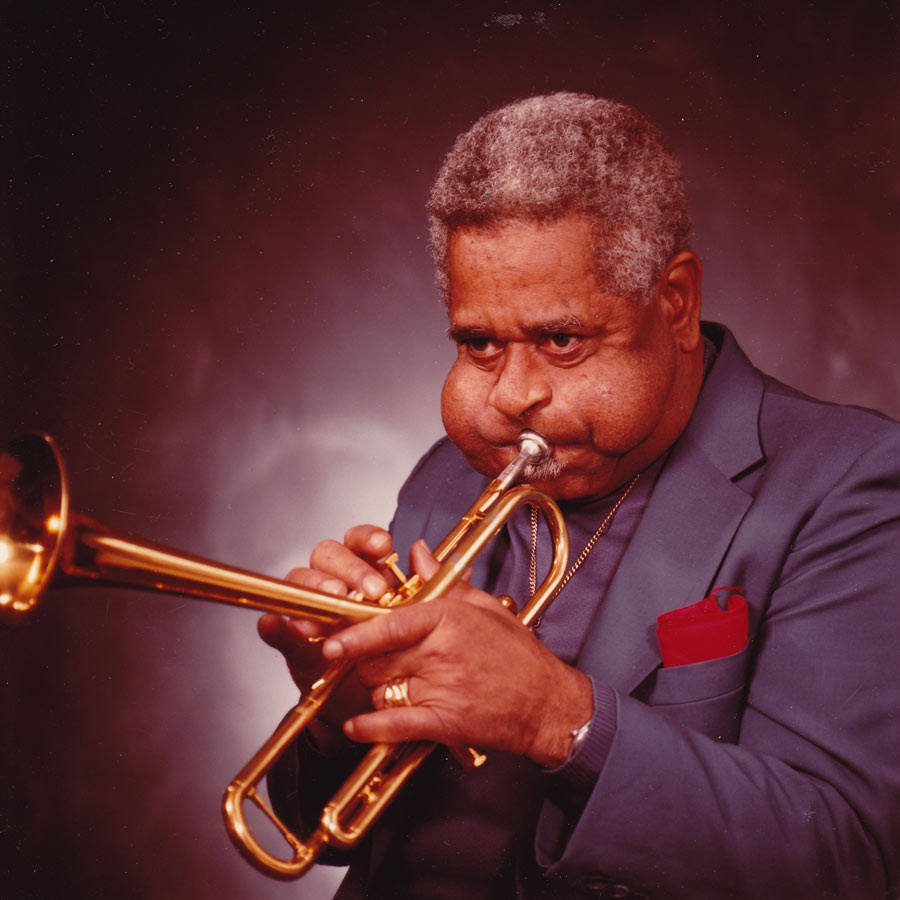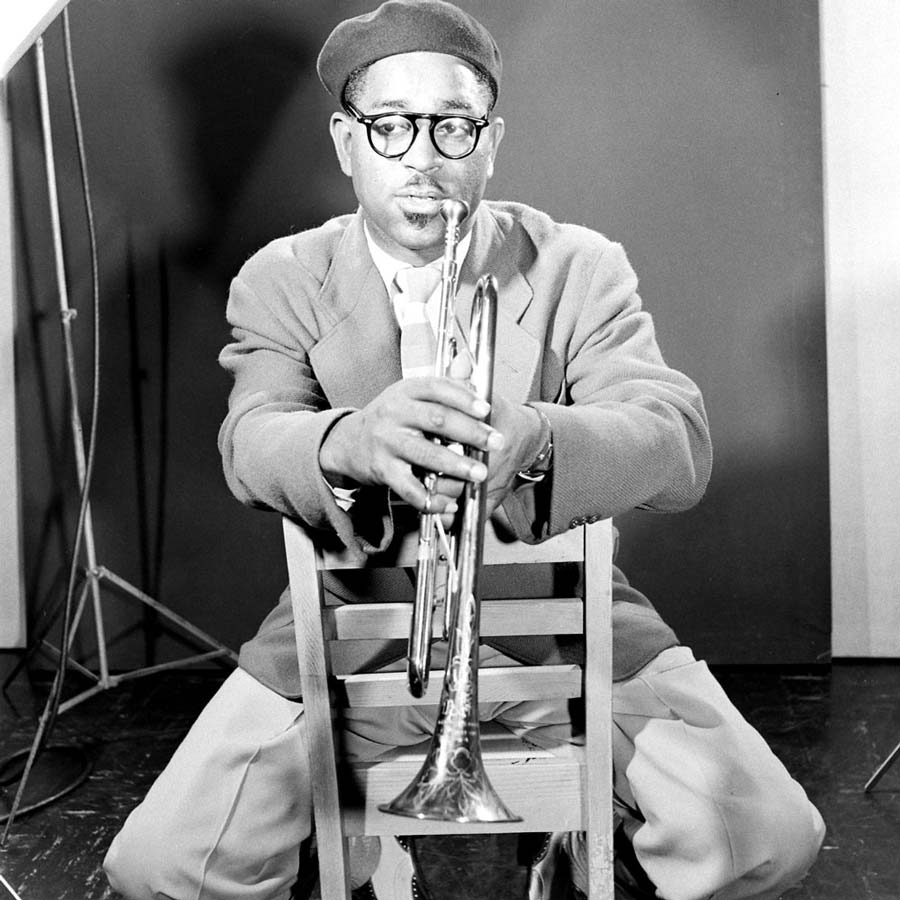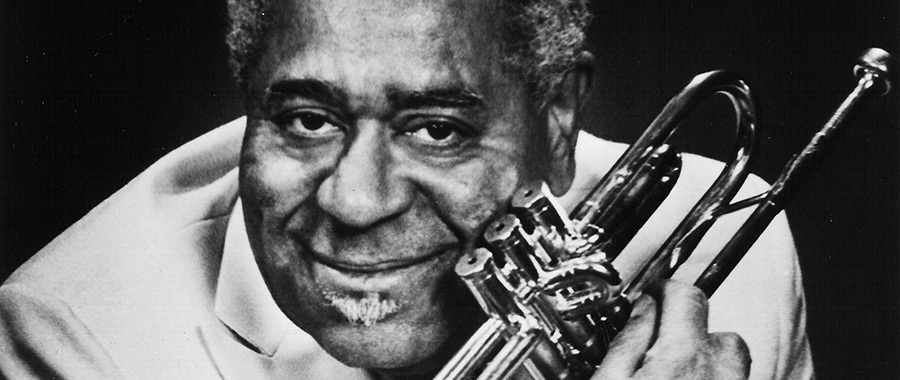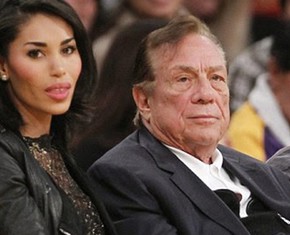Dizzy Gillespie is remembered not only for his genius as a trumpeter who broke new ground in jazz but also for his long-standing dedication to the teachings of Baha’u’llah.
Reflecting on the life and accomplishments of this iconic figure 100 years after his birth would be incomplete without reflecting on the Baha’i belief that seemed most to inspire and drive his work—that all human beings are part of one family.
 “Dizzy represented an organic breakthrough in music,” asserts jazz pianist Mike Longo about Dizzy Gillespie, his late collaborator and friend.
“Dizzy represented an organic breakthrough in music,” asserts jazz pianist Mike Longo about Dizzy Gillespie, his late collaborator and friend.
“His music is from such a deep place,” Longo says, scanning the walls of his apartment on Riverside Drive on Manhattan’s upper west side. Framed photographs capture the decades of a musical partnership that ranged from playing sold-out concerts in major venues to private practice sessions at Gillespie’s home in Englewood on the other side of the Hudson River.
But jazz was not the only uniting factor in Gillespie and Longo’s enduring friendship. Both men were attracted to Baha’u’llah’s message of oneness and unity—principles that would lead them to embrace the Baha’i Faith:
Blessed and happy is he that ariseth to promote the best interests of the peoples and kindreds of the earth. … It is not for him to pride himself who loveth his own country, but rather for him who loveth the whole world. The earth is but one country, and mankind its citizens. – Baha’u’llah, Gleanings from the Writings of Baha’u’llah, p. 250.
“The night I joined the band was the night he heard about the Baha’i Faith,” says Longo.
When Gillespie encountered the Baha’i Faith for the first time, after a concert in Milwaukee, he discovered that it immediately resonated with his thinking—and his music.
“Jazz is based on the same principles as the Baha’i Faith,” says Longo. “Interracial mixing was way back when jazz first started. Dizzy described jazz as a marriage between African rhythm and European harmony and so, if you look at that from a broader perspective, that’s a marriage between the black race and the white race. And Dizzy’s music specifically, when they say that the Prophet unleashes a new power in the universe, Dizzy’s concept of bebop … is a reflection of that.”
Gillespie’s deep commitment to unity and justice expressed itself through the inclusive spirit that characterized his music and his interactions with people of all walks of life.
Bebop pioneer
Born John Birks Gillespie in Cheraw, South Carolina, on 21 October 1917, Dizzy Gillespie was at the cutting edge of the bebop jazz phenomenon in the 1940s, often considered the most radical and vital music of its time. Bebop is characterized by its high energy tempos and rapid key changes, complex chord progressions, and dazzling improvisations around a melody.
“They were doing very difficult things,” explains British jazz and art critic Martin Gayford. “Gillespie’s technique alarmed other trumpet players, particularly because he was playing so high.”
 “While Charlie Parker came up with the phrasing and the rhythmic approach, Gillespie’s contribution was more the technical side of the harmony and great showmanship.”
“While Charlie Parker came up with the phrasing and the rhythmic approach, Gillespie’s contribution was more the technical side of the harmony and great showmanship.”
“The photographs that typify the bebop era are of Dizzy, with his beret and goatee beard,” says Gayford.
That vibrant persona and sheer technical virtuosity—with Gillespie’s trademark cheeks ballooning out bullfrog-like around the mouthpiece of his distinctive bent trumpet—make him a hard act for trumpeters to follow today.
“When, at the age of 8, I first heard a recording of his music, I was just astonished by what the trumpet could do,” says James Morrison, the celebrated Australian musician who was at the helm of an anniversary tribute concert held at London’s Royal Albert Hall on 4 August 2017, as part of the world-famous BBC Proms concert season.
“I have always been inspired by his way of playing the trumpet,” says Morrison. “I’m very heavily influenced by him.”
Morrison, who played with Gillespie on a number of occasions, believes his outgoing personality helped to make his innovative music a lot more accessible.
“He was there pushing boundaries, but he was so approachable as a person. There is a clichéd idea that an innovator has to be a dark, brooding person, off in his own world. But Dizzy was so garrulous and made such a great connection with the audience.”
You May Also Like
Comments

















Both have many facets, multiple versions - something for everyone's tastes and talents.
Thanks for this article about our idol and fellow believer!